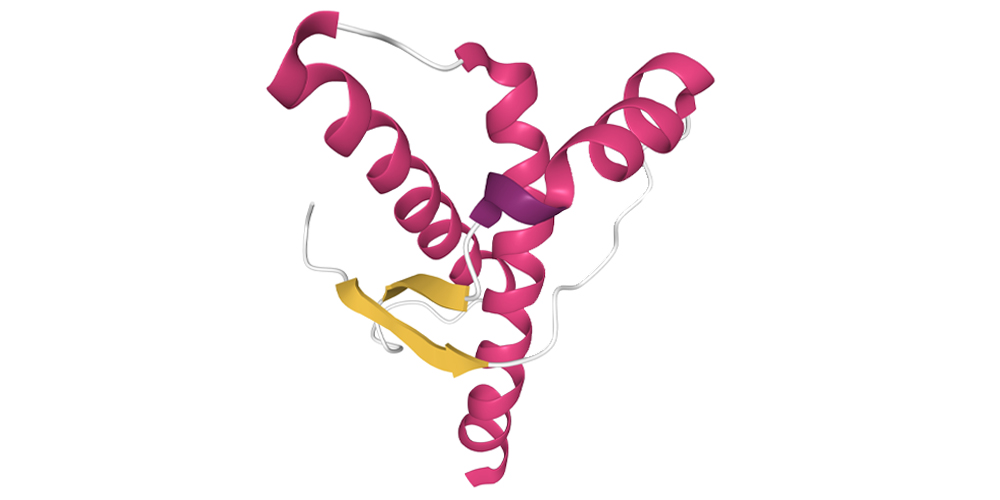Chronic Wasting Disease or CWD is a contagious and deadly prion disease that affects deer species such as deer, elk, caribou, reindeer and elk. Cervids of all ages, captive and wild, can be affected.
The Centers for Disease Control and Prevention reports that CWD is widespread in the continental US, Canada, Norway, Finland, Sweden, and South Korea. The increasing prevalence and spread of CWD is putting cervid populations in these regions at risk. There is no vaccine or treatment.
Prions are misfolded proteins with the ability to transfer their misfolded shape to normal variants of the same protein. They characterize several deadly and transmissible neurodegenerative diseases in humans and many other animals.
Like any prion disease, CWD is characterized by the misfolding of a normal protease-sensitive host protein, or PrPC, into a protease-resistant isoform, or PrPSc. The misfolded pathogenic PrPSc has distinct biochemical profiles that correlate with specific disease characteristics. CWD is spread when PrPSc is released into the environment through urine, feces, body fluids, or cadavers, or through direct animal-to-animal contact.
Mark Zabel leads a team at Colorado State University studying prion diseases.
“Chronic wasting disease can have serious consequences,” he said. “In Colorado and Wyoming, where the disease was first discovered, the prevalence rate in certain herds is estimated at 30 to 50%. This rate of population decline may result in localized deer species extinctions.”
Although CWD is a neurodegenerative disease, PrPSc proteins in cervids are mainly of lymphogenic origin. Once PrPSc enters the body through oral or intranasal ingestion, it is replicated in the retropharyngeal lymph nodes or LN. The PrPSc eventually accumulates in the obex, a region in the medulla of the central nervous system or CNS, leading to wasting and spongiform encephalopathy.
Typical of prion diseases, CWD is neurological and the CNS has the highest concentration of prions, so research has focused on prions from the brain. However, the infectious prions shed in CWD are mainly derived from the lymphoreticular system.
In a recent article in the Journal of Biological ChemistryZabel’s team reports differences in the biochemical profiles of prion strains of lymphogenic and neurogenic origin in free-ranging white-tailed deer.
Zabel and his team report that paired Obex- and LN-derived prions from the same animal showed no significant differences in conformational stability, nor was inter-animal variation substantial within the same tissue.
Analysis of glycoform ratio revealed differences in glycosylation patterns in prions derived from Obex and LN in the same animal. To the team’s surprise, LN-derived glycosylation patterns showed only minor differences between animals, but brain-derived prions showed significant differences.
Using an ELISA-based structural profiling assay, the authors also saw greater conformational diversity in LN-derived prions than in brain-derived prions.
“Prions found in infected animals are usually not a single species, but a kind of quasi-species or cloud of different subspecies,” Zabel said. “We would argue that the dominant species inside the animal are selected from a large pool of different prions.”
Based on their observations, the authors propose that predominant isoforms of neurogenic PrPSc are selected by the brain from a larger pool of LN-derived PrPSc. The selected neurogenic prion strains can vary significantly from animal to animal.
Extraneural prion strains released into the environment may have a lower species barrier than neurogenic prions. The ability to transmit infectious prions between species increases the zoonotic potential, or ability to infect humans of CWD. The study underscores the importance of including strain traits alongside prion positivity as a criterion for diagnostic tests used by wildlife management agencies.
#origin #prions #key #study #chronic #wasting #disease


Leave a Comment